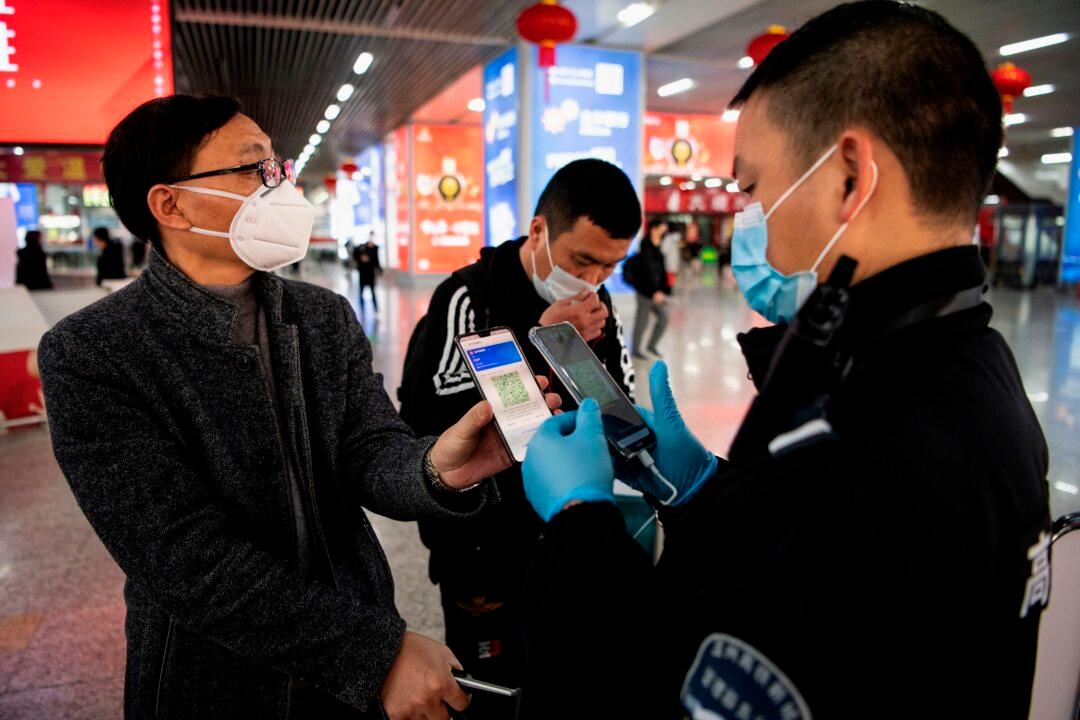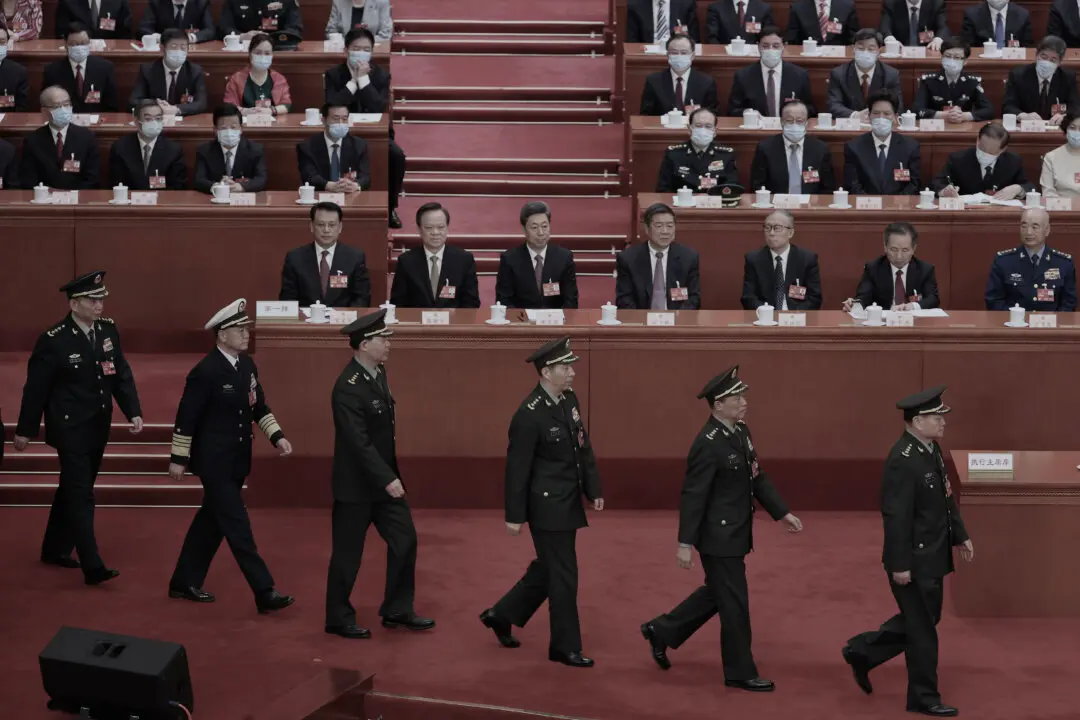Chinese health authorities recently announced that COVID-19 vaccination records and nucleic acid testing results will be automatically integrated into the citizens’ digital health codes. But the plan has sparked public concerns.
The Chinese-language Epoch Times spoke with some citizens who said that the regime might make vaccination compulsory. They are reluctant to get inoculated with Chinese-made vaccines due to quality concerns and lack of transparency. They also believe that if vaccination information is included in their health codes, the data could be used to discriminate against them and their movements will be more restricted.




